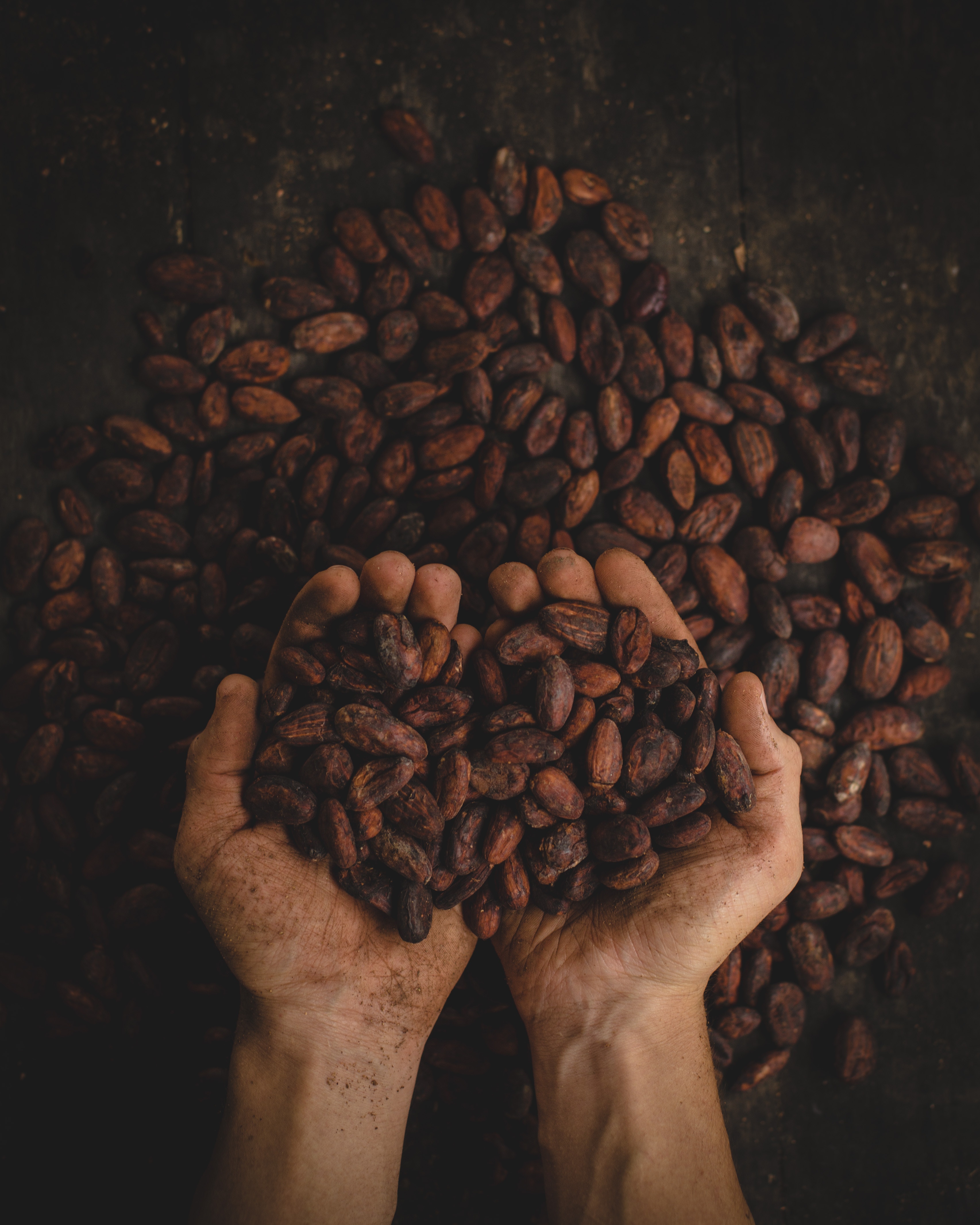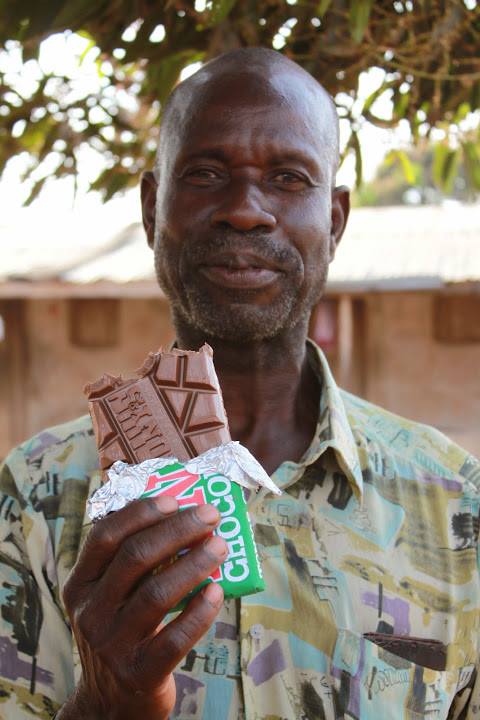For us, every bar tells a story. With every product we make, we want it to tell the story of the chocolate industry in the purest way possible and with our chocolate, we address a huge social problem in the world: that the chocolate industry is unequally divided, which leads to exploitation and modern slavery in the chocolate producing countries, mainly in West Africa.

Chocolate has a bitter side. Despite the best efforts of Fairtrade and other initiatives, unequally divided supply chains are pushing cocoa farmers into poverty, leading to modern slavery and forced child labor in West African farms which supply 60% of the world’s cocoa. That’s why Dutch confectioner Tony’s Chocolonely is fighting to make 100% slave free chocolate the norm.
A certified B Corp founded by journalists in 2005, the brand has worked tirelessly to reinvent the supply chain and raise awareness of the issue. In doing so, it’s become a brilliant example of how we can change the world for the better and be commercially successful. By telling a radically disruptive story to customers, Tony’s Chocolonely has become the biggest chocolate brand by turnover in The Netherlands, with a global turnover of nearly 60 million euros and a presence in Scandinavia, the United Kingdom, Belgium, France, Germany, Finland, and the US.
We meet up with Ynzo van Zanten of Tony’s Chocolonely in Amsterdam, who will speak at Sustainable Brands in Detroit about Tony’s mission towards 100% slave free chocolate worldwide, and two of the sweetest things in life: chocolate and business as a force for good.
How can a chocolate bar make a difference?
For us, every bar tells a story. With every product we make, we want it to tell the story of the chocolate industry in the purest way possible and with our chocolate, we address a huge social problem in the world: that the chocolate industry is unequally divided, which leads to exploitation and modern slavery in the chocolate producing countries, mainly in West Africa.


The more chocolate bars we sell, the more cocoa farmers we reach with our five principles of collaboration; using fully traceable cocoa beans, paying a higher price for those beans, building long-term relations with the farmers, helping them increase productivity and decrease dependency on cocoa, and helping the cooperatives to become stronger. Farmers are able to make a living income based on these principles. That’s why, for example, our bars don’t come evenly divided. As we say, as long as the chocolate industry is unequally divided, our bar will stay that way too. Our unequally divided bars are a conversation starter. The problem is on the table, you can’t ignore it.
We have three pillars to our strategy. First, we make people aware of the issue and inspire a mindset and awareness for change. Second, we set the right example. Not just about making chocolate slave-free, but by showing that you can be a commercial success and also do good in the world. Third, we inspire people to act, so that other companies look at their business model and think more about where they are getting their resources, how they are making their products, where their margins are.
The only way that we can achieve our mission is to get followers, or ‘serious friends’ as we call them, and become a movement that truly changes the industry from within. We are convinced that we can make our own chocolate 100% slave free, but only together with consumers, retailers, and our competitors can we make all chocolate worldwide 100% slave free.


